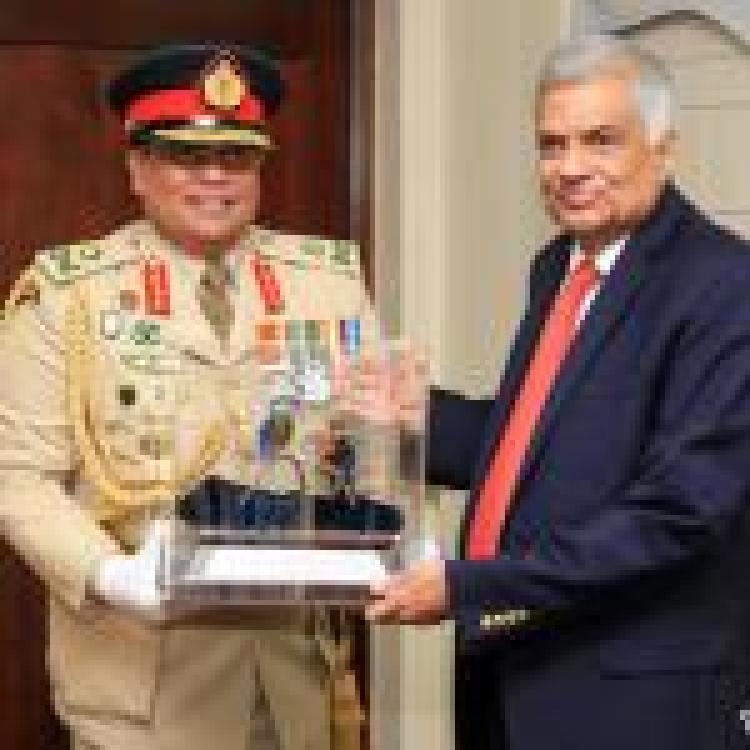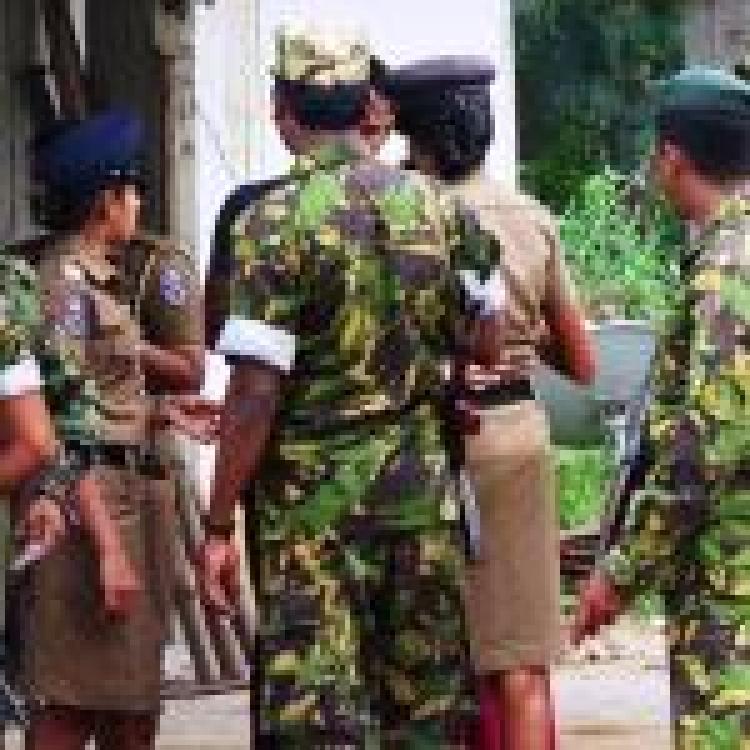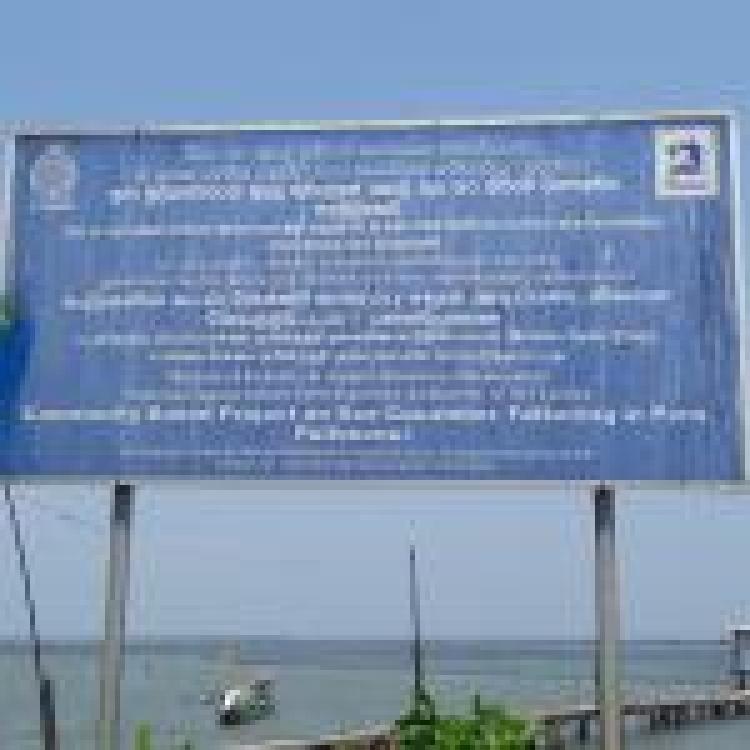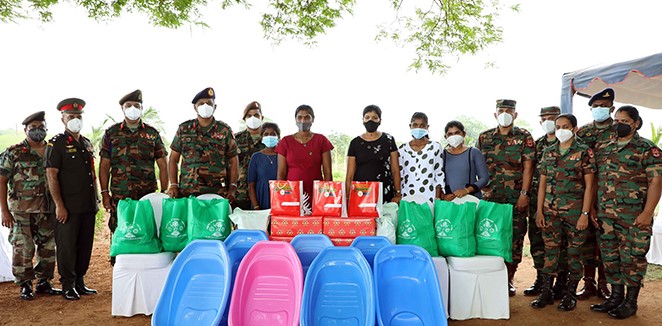
Photograph: Army.lk
Despite ongoing criticism of their involvement in civilian affairs in the North-East, the Sri Lankan military launched several projects in June, normalising wider patterns of militarisation of the Tamil homeland.
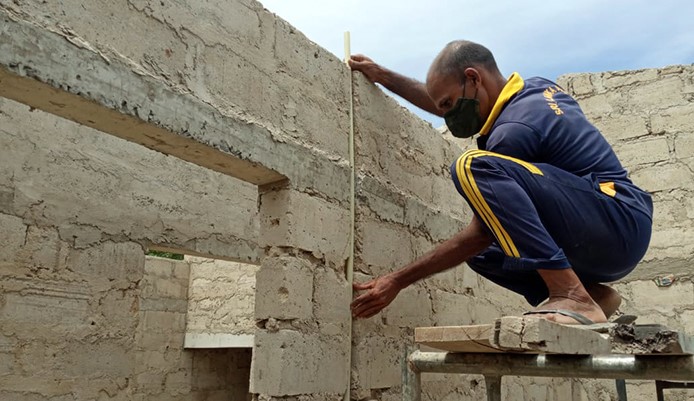
Photograph: Army.lk
Troops in Kilinochchi began construction of five houses designated for needy families under the sponsorship of Sri Lankan army commander and accused war criminal Shavendra Silva’s community oriented project initiative. The objective of these community programs is to "promote reconciliation and goodwill between Security Forces and the general public", reports army.lk.
Earlier this month, Silva, who has been subjected to a US travel ban for accusations of war crimes, faced criticism for poor management of the COVID-19 pandemic including the abuse of garment factory workers in Mullaitivu. The militarised response to the pandemic has also seen an escalation in incidents of harassment, intimidation and surveillance across the Tamil homeland. Silva is accused of overseeing “the shelling of hospital and food lines; [...] rape and sexual violence; and enforced disappearances” during the final phase of the war.
Read more here: ‘Time for the UK to Sanction Sri Lanka’s Army Commander’ – International Truth and Justice Project
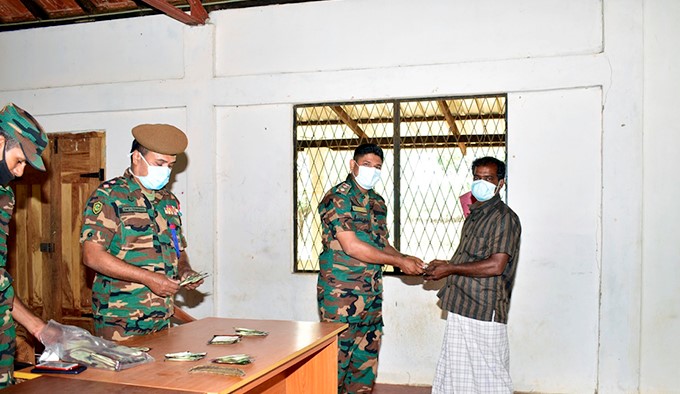
Photograph: Army.lk
Several military-sponsored income generation projects in agriculture and fisheries were launched to "improve living standards of poor families in Kilinochchi". Troops of the seven Sri Lanka Light Infantry distributed plants, seeds and released thousands of fish fingerlings into Dryarukulam and Vishuwamadu tank bank to aid fishermen, stated army.lk.
In April, the navy arrested 30 Tamil fishermen off Poonakary, in northern Kilinochchi following the Fisheries Minister and accused human rights abuser Douglas Devananda, introduced restrictions to limit fishing to only permit holders. The army has continuously posed a serious issue to the livelihood of Tamil fishermen across the North-East as checkpoints, incidents of assault and illegal fishing by Sinhala fishermen with navy assistance increases.
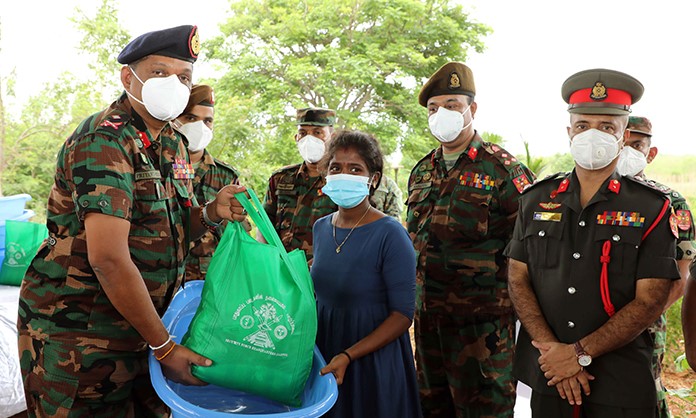
Photograph: Army.lk
Pregnant women from low income families, employed in farms managed by the Security Force Headquarters in Jaffna were given dry rations and baby supplies, stated army.lk.
The invasive nature of the military has led to many military-owned businesses operating across the North East. The army’s position in maintaining farms and businesses limit local economic development and leave the Tamil population unable to sustain themselves independently.

